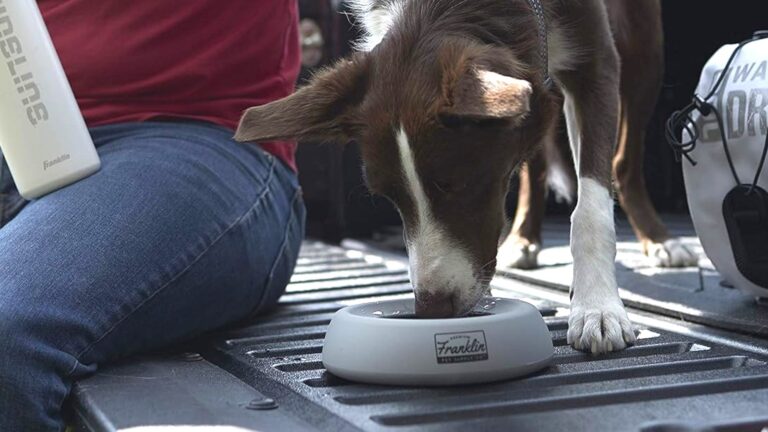
In the annals of Vietnam War history, few stories are as quietly astonishing as that of Doug Hegdahl, a young U.S. Navy sailor who turned an apparent misstep into a masterclass in subterfuge. Captured in 1967 and imprisoned at the infamous Hỏa Lò Prison—better known as the "Hanoi Hilton"—Hegdahl pretended to be illiterate and intellectually limited. This clever act disarmed his captors and allowed him to gather critical intelligence, sabotage enemy equipment, and memorize the identities of 256 fellow prisoners of war. His story is a testament to resilience, resourcefulness, and the unexpected ways in which courage can manifest.
Doug Hegdahl’s journey into captivity began on April 6, 1967, when he was swept overboard from the USS Canberra in the Gulf of Tonkin. The circumstances remain unclear—some say a gun blast knocked him over, others suggest he simply lost his footing. After spending 12 hours adrift, Hegdahl was picked up by a local fishing boat and handed over to North Vietnamese forces. From there, he was taken to Hỏa Lò Prison, where his captors initially suspected him of being a CIA spy. His story of falling off a ship seemed too implausible to be true.
Rather than resist or attempt escape, Hegdahl adopted a different strategy. When asked to write an anti-American propaganda statement, he agreed—but pretended to be unable to read or write. He spoke in a deliberately unsophisticated manner and drew comparisons between Vietnamese farms and his native South Dakota. The captors, convinced of his supposed ignorance, dubbed him “the incredibly stupid one” and assigned him to sweep the prison grounds. This role gave him far more freedom than most prisoners and allowed him to observe, communicate, and even sabotage without raising suspicion.
BarkBox - Monthly Dog Subscription Box
Get your puppy the best toys and treats delivered monthly! BarkBox offers premium dog toys, treats, and chews that are perfect for growing puppies. Each box is curated by experts and includes 2 toys, 2 bags of treats, and a chew.
Amazon Puppy Essentials
Everything you need for your new puppy in one place. From crates and beds to food bowls and training pads, Amazon has all the essentials at great prices with fast shipping.
Over the next two years, Hegdahl used his sweeping duties to pass messages between prisoners and gather information. In a particularly daring act, he disabled five North Vietnamese trucks by placing dirt and debris in their gas tanks. Lieutenant Commander Richard "Dick" Stratton, a fellow prisoner, later noted the irony: Hegdahl, a high school graduate who had fallen off a ship, had more enemy trucks to his credit than many decorated pilots.
One of Hegdahl’s most remarkable contributions came through his memory. With the help of Air Force Lieutenant Joseph Crecca, he memorized the names and personal details of 256 fellow POWs. He did this by setting the information to the tune of “Old McDonald,” transforming what could have been an overwhelming task into a mnemonic masterpiece. This list would later become a vital tool for the U.S. government and a source of immense relief for the families of those imprisoned.











